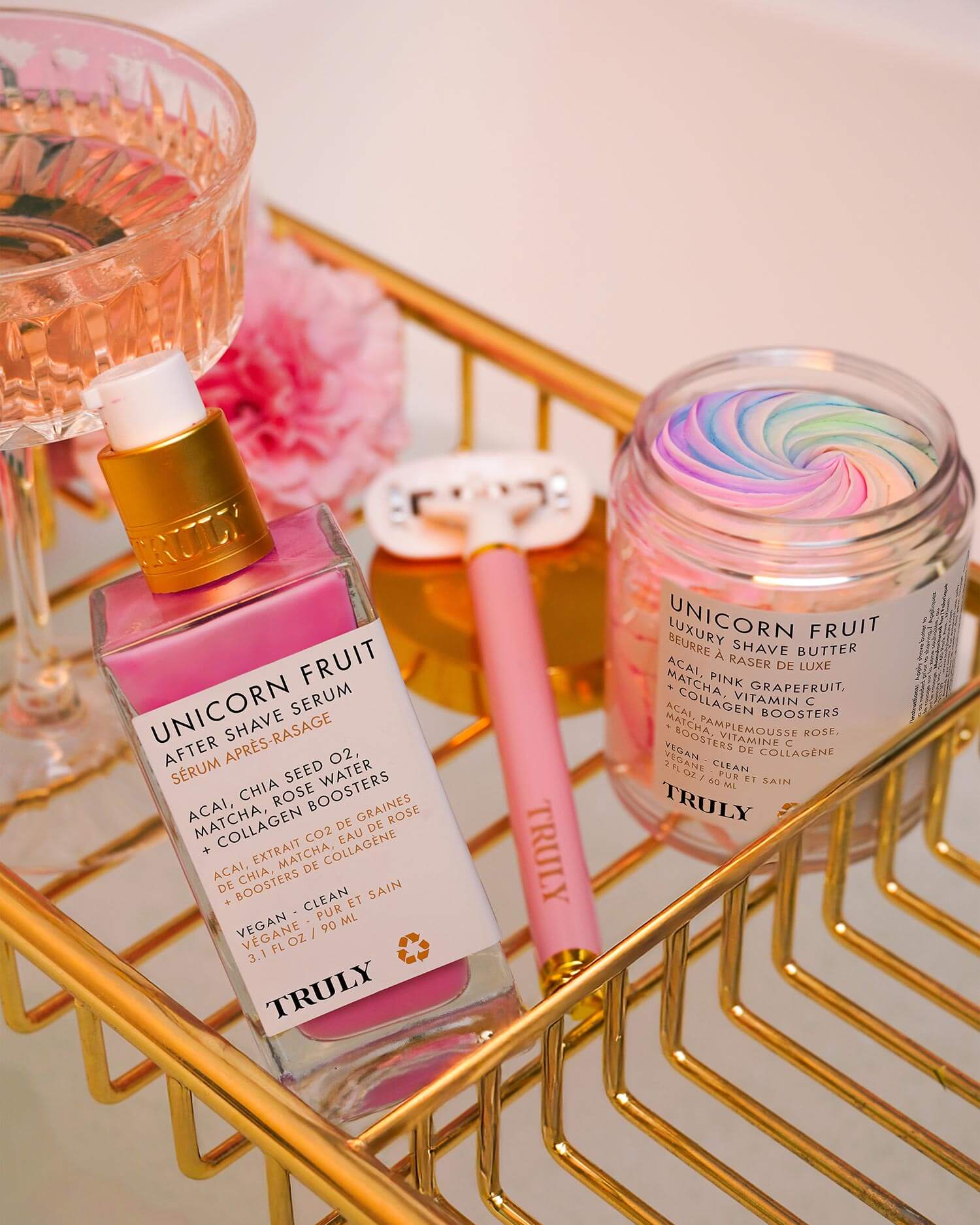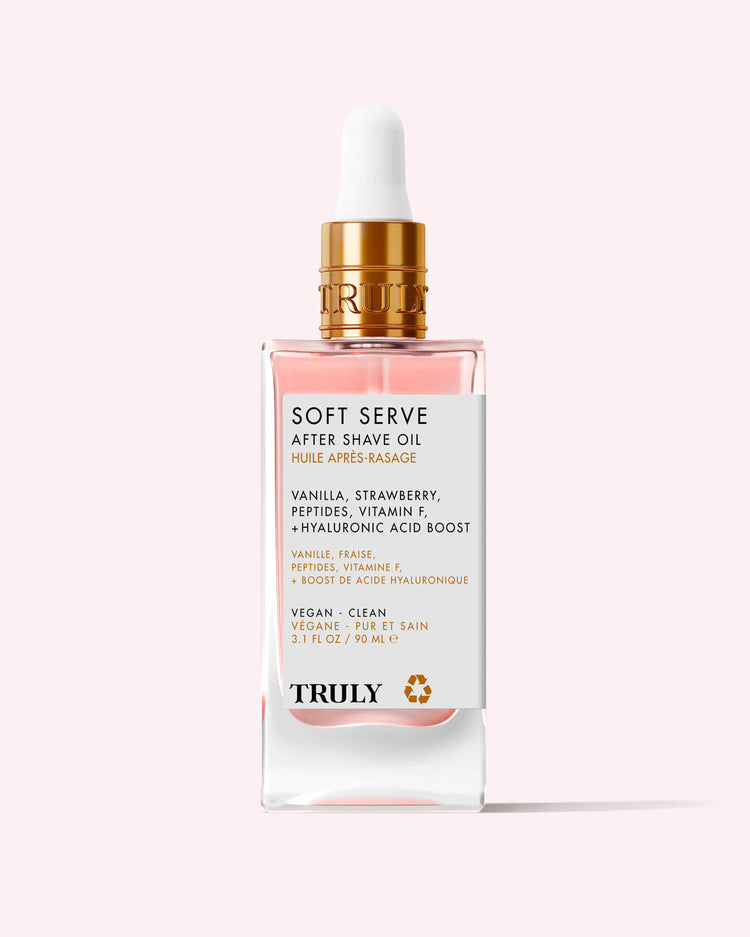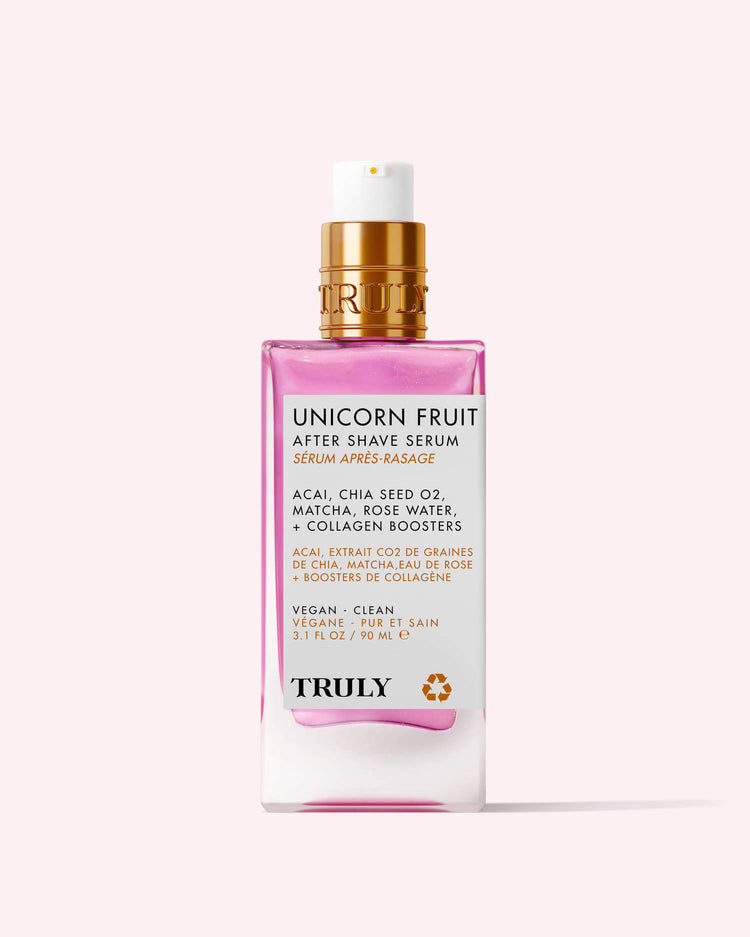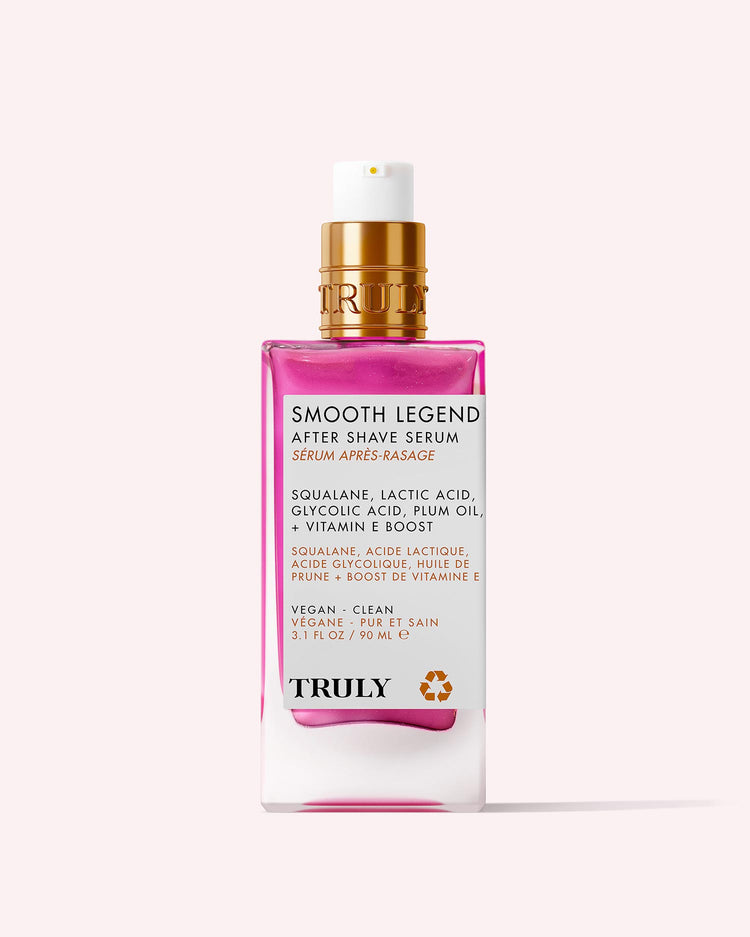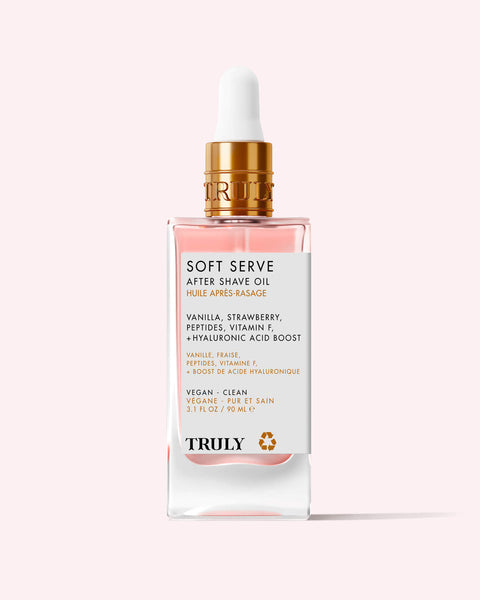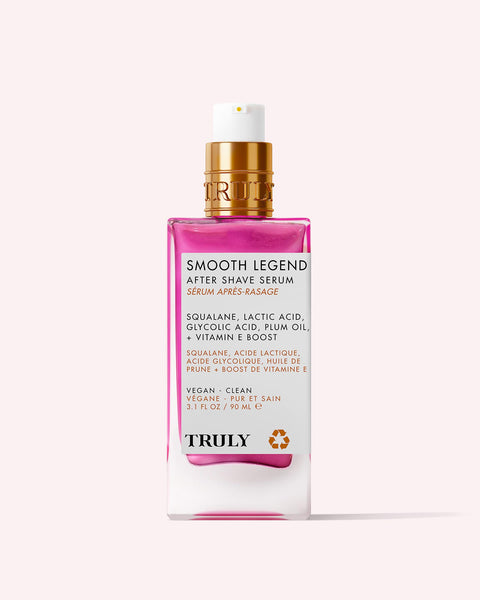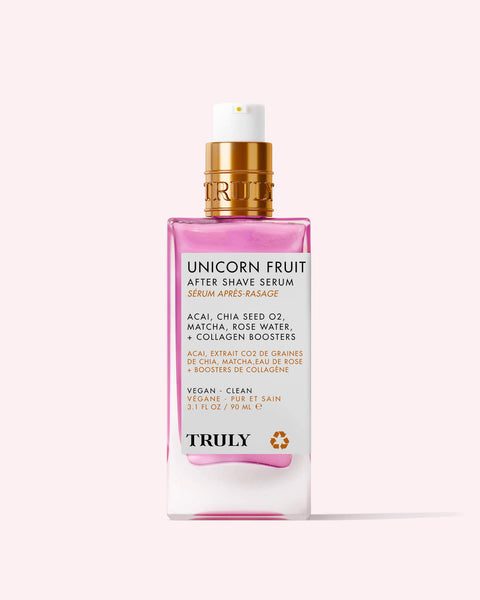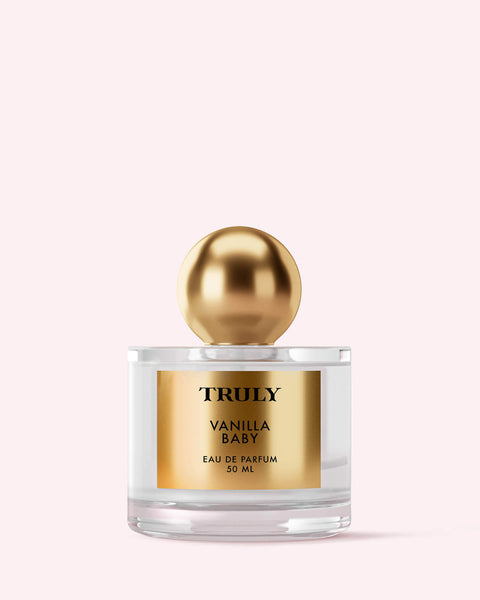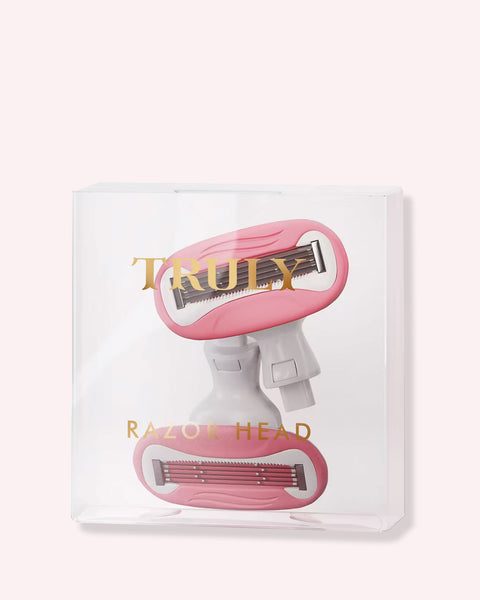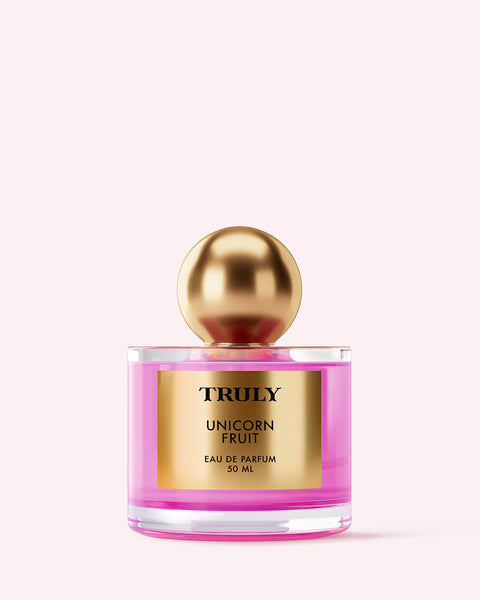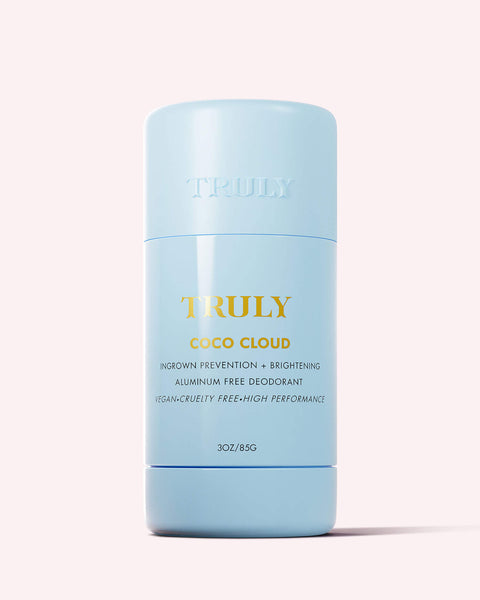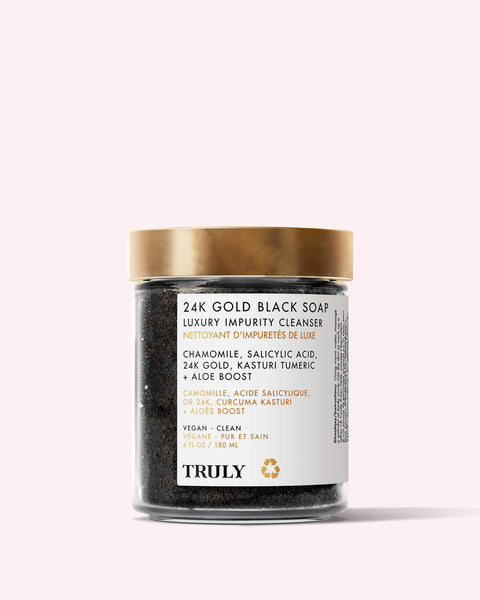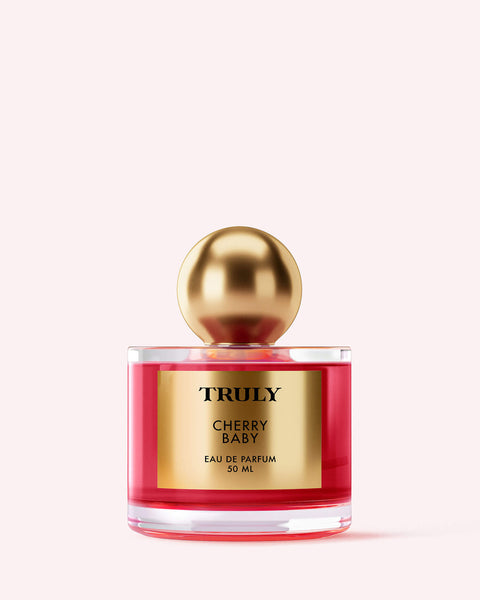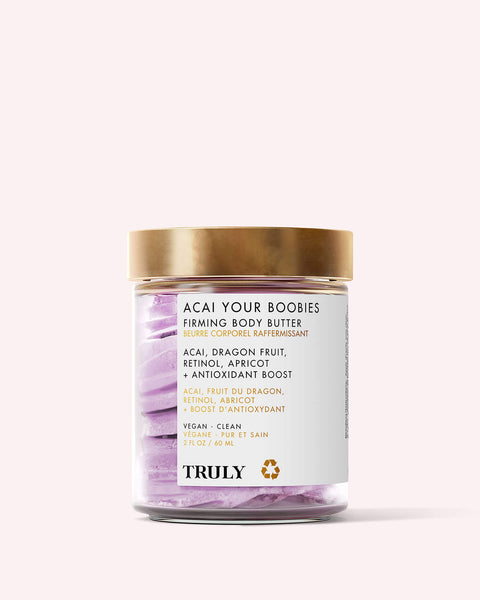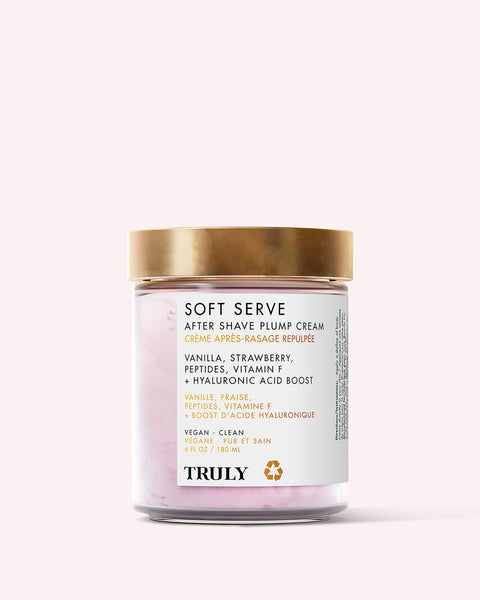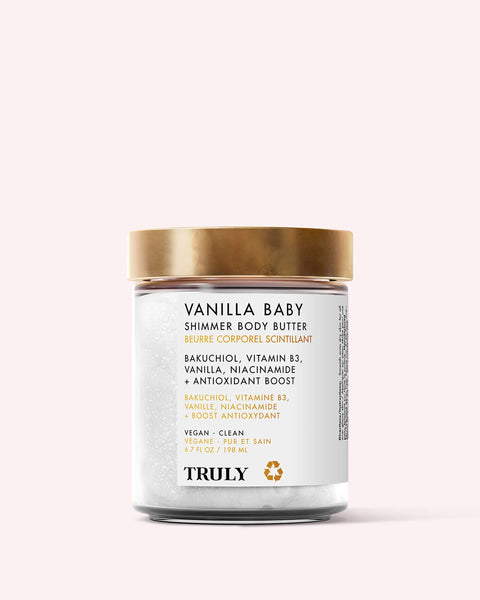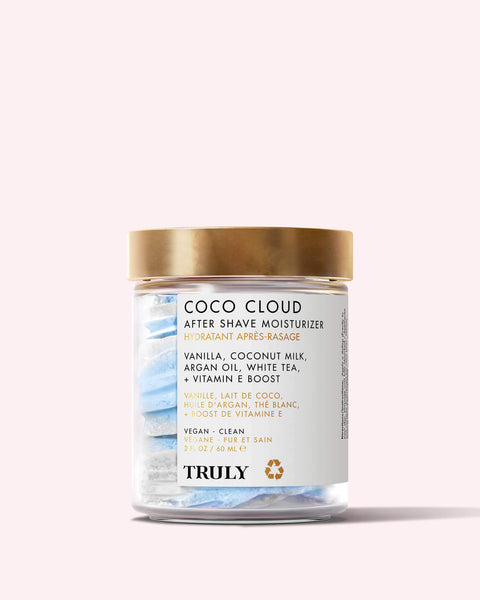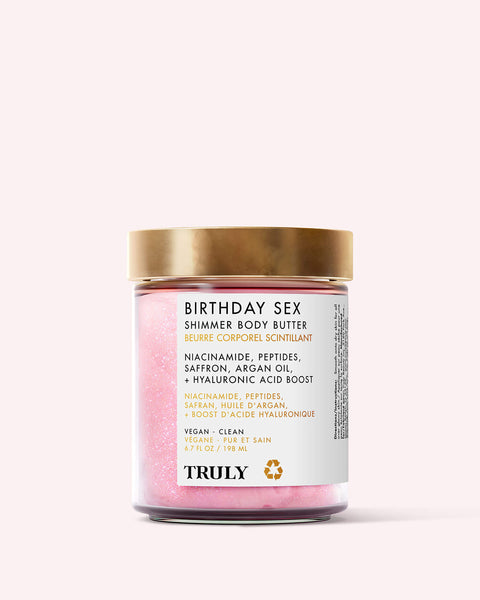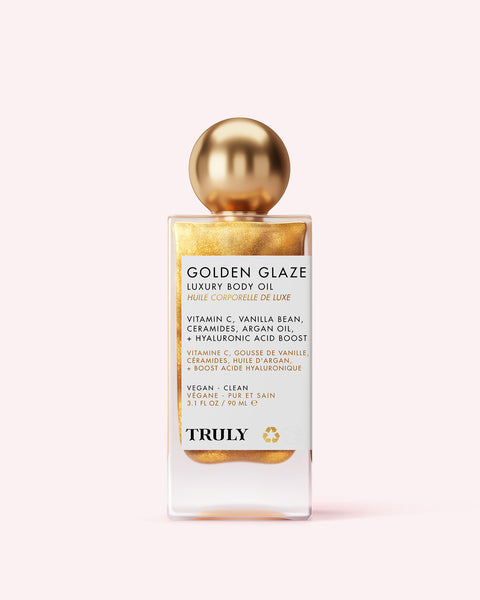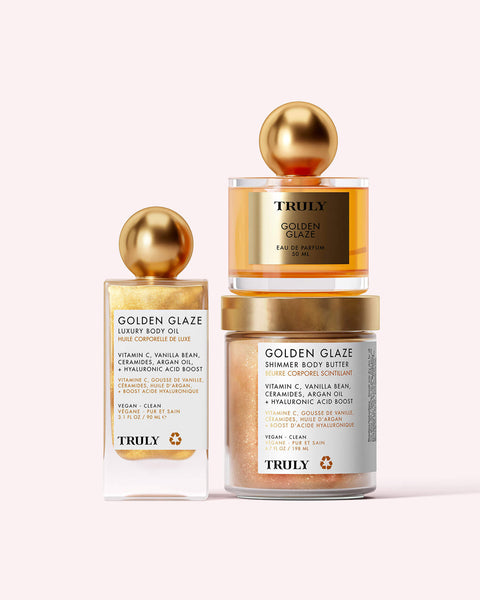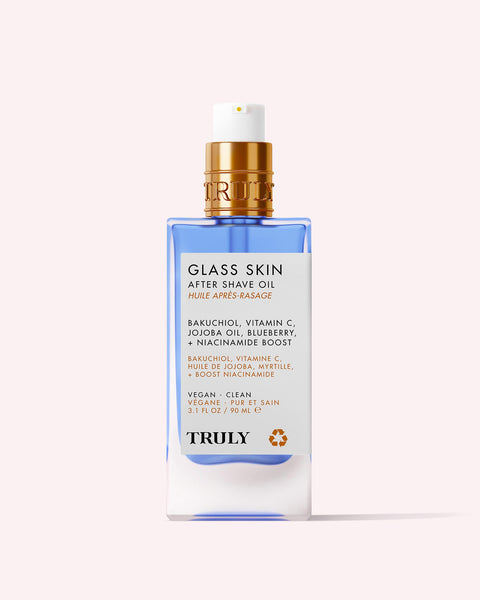Can You *Actually* Fix Dark Spots?
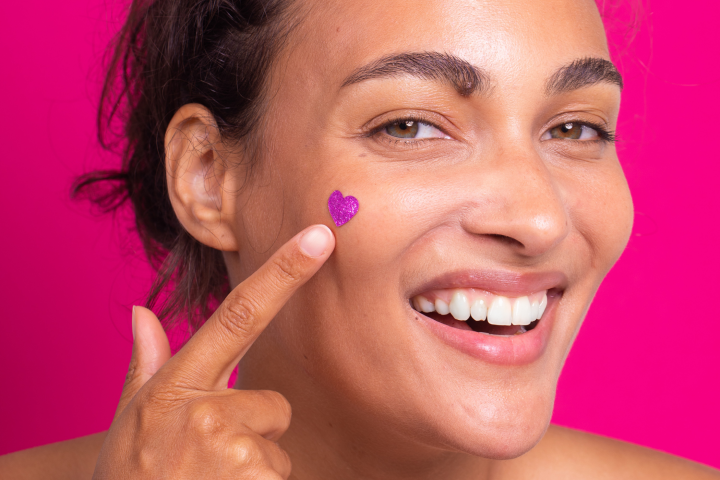
Not everyone gets dark spots, but those that do will tell you how frustrating they are to deal with. Like with everything skincare-focused, getting to the root cause of the issue can be a stepping stone to identifying the right treatment.
In this article, we investigate the causes of these discolorations on the skin, what you can do about them, and whether popular dark spot treatments actually work.
What Causes Dark Spots on Skin?
As plastic surgeon Melissa Doft puts it, "Dark spots or hyperpigmentation are due to the overproduction of melanin in the skin by melanocytes."
Additional melanin can be triggered by a myriad of things, including hormones, excessive sun exposure, and age. Then come the factors like skin irritation caused by acne, harsh skincare products, and waxing, which can also cause dark spots on the face and body.
Often, dark spots are the lasting effects of pimples. If you've ever picked a breakout before, you'll probably be familiar with the acne scar left behind (aka post-inflammatory hyperpigmentation). It's a common cause for dark spots.
"Some people with more pigment are more prone to hyperpigmentation," explains board-certified dermatologist, Dendy Engelman. "Also, those with more pigment in the skin are more prone to hyperpigmentation and scarring."
Popular Treatments: Do They Work?
The good news is, you may not have to put up with dark spots forever. It turns out, there are numerous dark spot treatments out there from which to choose. The question is, which ones actually work?
After doing some digging, we discovered several popular treatments for lightening dark spots that work really effectively.
#1: Vitamin C
Used as a topical antioxidant, vitamin C helps to block free radicals from causing oxidative damage to the skin, thus preventing the formation of fine lines, wrinkles, and age spots.
Another added benefit of vitamin C is that it lightens only problem pigmentation areas. In other words, incorporating Vitamin C serums and lotions in your skincare routine won't cause all over skin lightening or bleaching. It offers skin-brightening effects and helps to reduce the appearance of dark spots.
#2: Glycolic Acid
Glycolic acid is an alpha hydroxy acid known for providing mild exfoliation to help dissolve dead skin cells from the top layer, enhance skin texture, reveal fresh new cells. As a result, this AHA can help fade skin discoloration, as well as brighten skin.
While glycolic acid is generally well-tolerated by most skin types, people with sensitive skin should use with caution. If you start experiencing any unpleasant side effects such as redness, dryness, or flaking, refrain from using this active ingredient. Lactic acid may be a gentler option.
You'll also find glycolic acid in chemical peels for resurfacing effects. It's a highly effective ingredient for improving skin tone and texture.
#3: Retinol
Retinoids, whether prescription or OTC, are gold-tier anti-aging products. But that's not all they're good for. Thanks to their ability to boost collagen production and speed up cell turnover, retinol can help fade dark marks on the skin.
According to derms, all skin types should start slow and low with retinol products since it can cause irritation due to it being so potent. On a positive note, it is a universal skincare ingredient that offers a slew of benefits.
#4: Salicylic Acid
Salicylic acid is another chemical exfoliant, also known as a beta hydroxy acid (BHA). As a general rule, dark spots caused by acne benefit from using exfoliators formulated with salicylic acid because it encourages the formation of new skin cells and dissolves excess oil.
While it's certainly effective at preventing acne from occurring in the first place, it may not be as effective as directly diminishing dark spots.
#5: Hydrocolloid Patches
One of the best ways to stop yourself from picking at your pimples and ultimately causing dark spots is to keep your paws off your face. Hydrocolloid patches, aka acne patches, help to drain the zit of fluid, healing it quickly, and preventing it from scarring. It also reminds you NOT to pick at your spots.
Sometimes, these acne patches are formulated with other blemish-fighting ingredients besides hydrocolloid, like salicylic acid and benzoyl peroxide. You can easily find them over the counter.
#6: Laser Treatment
Laser therapy is an innovative solution for treating dark spots on the skin. The kind you need to be looking for is called non-ablative fractional.
"This type of laser—when combined with a good skincare routine is really the move for treating dark marks," says cosmetic dermatologist Jason Emer, MD.
It uses heat to help lessen pigment in the upper and deeper layers of the skin while boosting collagen production to reveal smoother, brighter, clearer skin. It may set you about around $800, but according to the pros, it's totally worth it.
The only downside is that in order for it to be effective, you need to go for regular sessions. It may take as many as six treatments before you see noticeable results.
Other effective skincare ingredients for treating dark spots include kojic acid, niacinamide, tranexamic acid, azelaic acid, hyaluronic acid, licorice, and hydroquinone. Look for it in moisturizers, spot correctors, and serums.
Best Skincare Products to Get Rid of Dark Spots
Looking to fix dark spots through skincare? Take a look at the best dark spot diminishers we offer here at Truly.
Vegan Collagen Booster Facial Serum
It's made with vegan collagen, retinol, and vitamin C to drive out dry skin, even out discoloration, and improve overall texture and smoothness.

CBD Jelly Toning Solution
With glycolic acid lending its exfoliating abilities and hemp soothing inflammation, this daily toner helps remove dirt, oil, and dead skin while stimulating cell renewal for an overall clear and smooth complexion.

Super Acne Trio
This set of three acne patches in three different shapes each relies on a unique formula to zap away bacteria, blemishes, and ultimately dark spots.

Besides treating dark spots, you should seriously thing about preventing them in the first place. And the way to do this? Start wearing a broad-spectrum sunscreen of at least SPF 30 every single day to protect your skin from sun damage, sun spots, dark patches, and skin cancer. Sun protection is one of the simplest ways to prevent dark spots. Any dermatology professional will tell you that!
You'll find all our products on our official website, Ulta, and Amazon.
